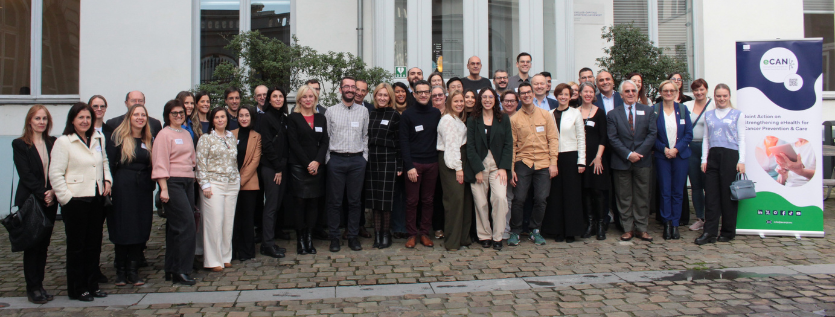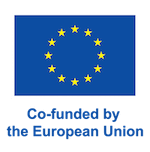The European project eCAN Joint Action (JA) has presented a guide of recommendations to integrate telemedicine in European healthcare systems for cancer prevention and care. The presentation has taken place in Brussels last Friday, at the BIP Meeting Center. For two years, the project has explored the role of teleconsultation and telerehabilitation. Its main goal was to identify necessary actions to strengthen the adoption of telemedicine for cancer prevention and care and the use of digital tools for reducing cancer care inequalities across the EU.
The Head of the Belgian Cancer Center (Sciensano) and project’s coordinator, Marc Van Den Bulcke, has explained that eCAN was born within the framework of the European Beating Cancer Plan, under the EU4Health programme. “It was actually the covid crisis which indicated the need of these solutions, especially in remote areas”, he has stated. “We were supposed to explore the role of telemedicine and teleconsultation in the cancer field by focusing on quality, users’ needs and expectations. We wanted to help workforce to be prepared and to look whether we could also initiate the development of a modular and interoperable telemedicine solution”.
The eCAN recommendations
According to the project conclusions, integrating telemedicine into day-to-day healthcare practices requires action on policy frameworks, IT infrastructures, training and educational resources, and stakeholder engagement and collaboration. Besides that, some other measures must be considered during the course of telemedicine’s implementation and the evaluation process.
By taking action on the policy framework, eCAN calls decision-makers’ attention to prioritise telemedicine, as well as developing guidelines aligned with General Data Protection Regulation (GDPR). In areas such as stakeholder engagement, they suggest engaging patients in the design and testing of telemedicine services, among other measures. Offering specialised training and resources to healthcare providers and caregivers to assist patients in adopting technology seems also a key point. On the other hand, aligned with the European Parliament priorities on health data management, eCAN remarks the need of ensuring the development of solid IT infrastructures for telemedicine services and the exchange of health data among EU Member States. Along other recommendations, it also considers important to address hospital workload challenges and defining clear metrics and evaluation criteria before and after telemedicine implementation.
Robbe Saesen, scientist at Sciensano and eCAN participant, has explained that “the extent to which these recommendations have to be implemented in European countries depends on the situation in each country”. For this reason, eCAN has addressed policymakers from across Europe to discuss the relevance of these recommendations and potential actions that can be taken to implement them. In the long run, applying these recommendations may help to overcome the challenges and leverage facilitators associated with the implementation of telemedicine in cancer care, and to ensure equitable and efficient healthcare delivery.
Change projections on diagnosed cancer cases
Participants highlight the importance of boosting telemedicine practices, especially in a context in which health data and computer-based analytical tools are more interconnected than ever thanks to digitalisation. Taking action in this regard seems necessary to change current projections on diagnosed cancer cases, which are expected to increase by a fourth by 2035. Besides that, epidemic situations, such as covid-19, have pointed out how crucial the usage of telemedicine and teleconsultation is becoming. Another concern is that, across Europe, the possibility of receiving a timely cancer diagnosis and the chance of survival differs considerably because of inequalities in preventive policies, access to state-of-the art diagnostics, treatments and experienced care.
This paradigm and the conclusions achieved highlight the need to keep working on telemedicine integration into healthcare systems for cancer prevention and care. The exploratory work done in these two years would continue in the next Joint Action, the eCAN+, which will wider its extent and scope by involving more countries and new challenges to be addressed, such as enhancing digital collaboration within and between cancer centres.
 eCAN
eCAN

